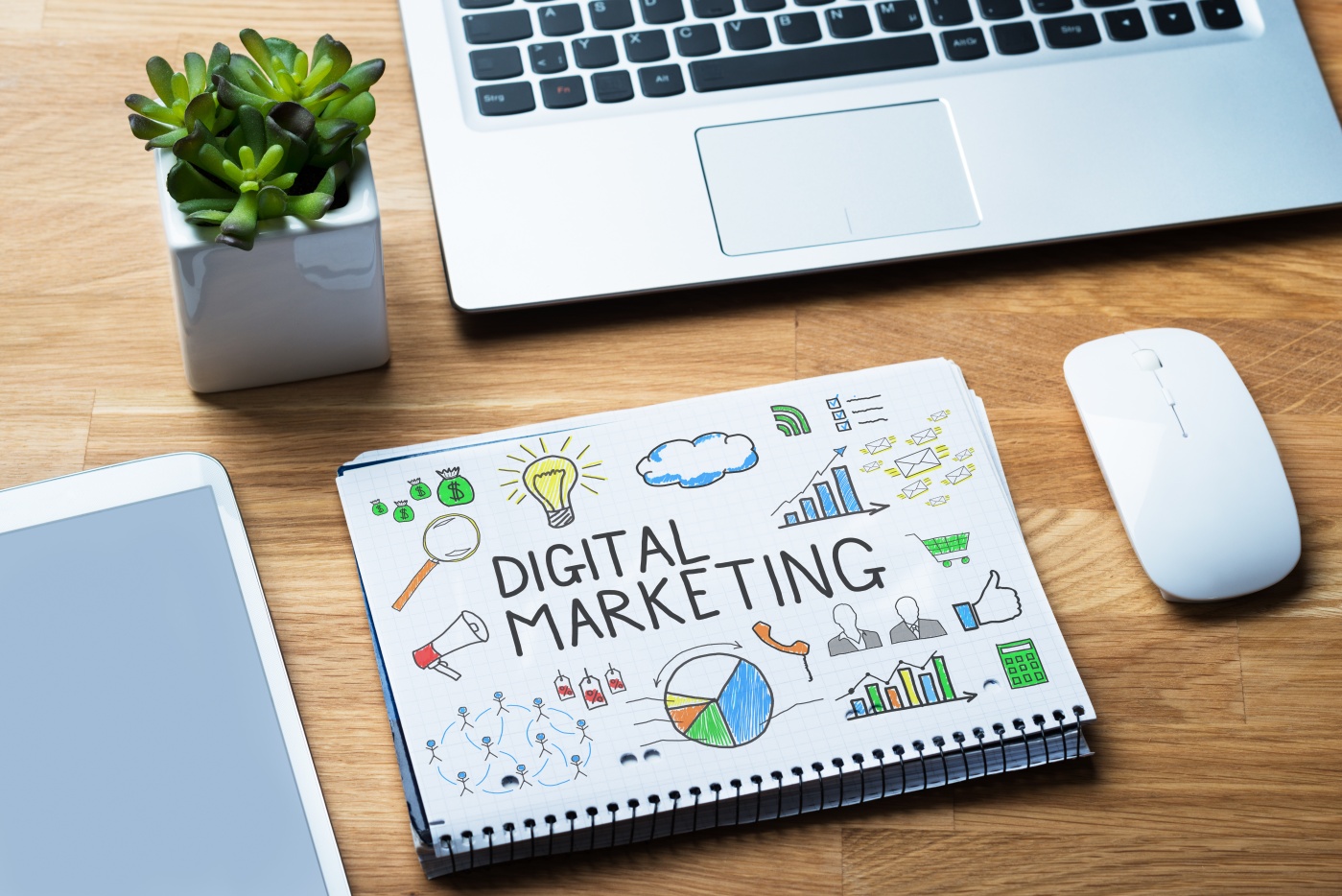Author: Abhay Reddy
A common question asked by recruiters and interviewers alike is if digital marketing experience in one industry carries over to another. Ex: How will you be able to market in ABC industry, when your experience is in XYZ industry. Fair question, but it should not be the overriding criterion for an experienced digital marketer. The reason for this is that: Digital Marketing or marketing principles remain the same across industries. That said, it is important/critical that the digital marketer read/learn about the products, and research industry specific customer behavior. The marketer doesn’t have to be a domain expert, but they should understand the field pretty well. After that, focus on the product capabilities, and the best way to convince customers. Ex: In Healthcare, you should not only market using regular channels such as SEM, Emails, Webinars…, but you should also consider advertising in science journals, and health care related 3rd party publications and tradeshows.
Your best friend in a new industry is data analytics, and analyzing multiple facets of the business from product sales, campaign/asset performance, unique value proposition, competitors and personas to figure out the similarities and differences in customer behavior.
The key point here is that marketing in a new industry should not be treated as a limitation, but rather as an opportunity to understand the existing business, and enhance its effectiveness with knowledge from other industries.
Is Digital Marketing Across Industries So Different? The answer is NO if you are willing to learn the nuances of the new business.
One of the key customer behaviors to be noted here is how the same person can behave differently in a B2C and B2B setting:
- B2C (Business 2 Customers) setting involves selling to an individual customer, where decision making behavior is more impulsive and instantaneous. The lead times from research to purchase are short, and the content and tactics have to reflect the same.
- B2B (Business 2 Business) setting involves selling to other companies, where decision making behavior is more rational (given that multiple people are generally involved in the approval process). The lead time from research to purchase is much longer, and can involve more than one person. The content and tactics should be geared towards educating and convincing the customer/s across their buyer journey.
- In Between:
- Many B2B companies have 100’s of products with varying price points. In some cases, customer behavior towards low price items can be closer to B2C than B2B. Tactics such as SEM and self actualization are preferred in such cases. In contrast, the same customer will treat larger devices (with higher price point) within a pure B2B context.
- Some companies such as Uber, Amazon and Alibaba cater to both segments at the same time. Ex: Amazon has to sell to individual customers (B2C) and large businesses (B2B) through the same portal. Same with Uber (Customer App and Driver App) or Yelp (Customer facing reviews and Business interface). Marketers in such companies should customize their tactics and content to be aligned with the customer (individual or business) decision making process.

Leave a comment